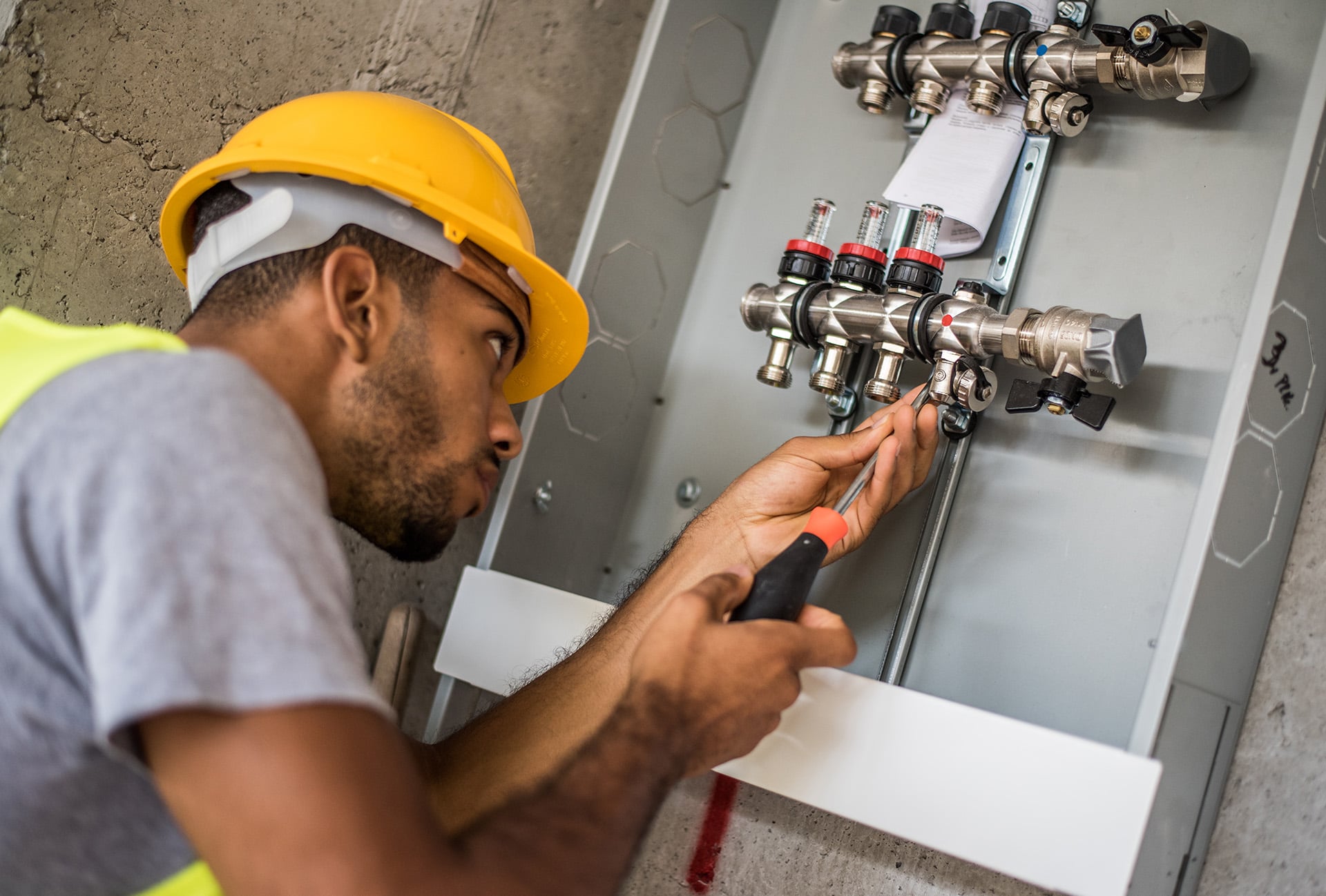

Articles
What Is A Plumbing Contractor
Modified: January 8, 2024
Need expert advice on plumbing contractors? Read our informative articles to learn more about what a plumbing contractor does and how to find the best one for your needs.
(Many of the links in this article redirect to a specific reviewed product. Your purchase of these products through affiliate links helps to generate commission for Storables.com, at no extra cost. Learn more)
Introduction
Welcome to the world of plumbing contractors! You may have encountered the term “plumbing contractor” before, but what exactly does it mean? In this article, we will delve into the world of plumbing contractors, exploring their roles, responsibilities, and the services they provide.
A plumbing contractor is a skilled professional who specializes in the installation, repair, and maintenance of plumbing systems. These systems include pipes, fixtures, and appliances that distribute water and remove waste from buildings. Plumbing contractors play a crucial role in ensuring the proper functioning of residential, commercial, and industrial plumbing systems.
Without the expertise of plumbing contractors, we would not have access to essential amenities like clean water for drinking, bathing, and sanitation. Plumbing contractors work in various settings, including private homes, office buildings, hospitals, shopping centers, and manufacturing plants. Their extensive knowledge and experience enable them to handle a wide range of plumbing issues efficiently and effectively.
When it comes to hiring a plumbing contractor, it is important to choose a licensed and certified professional. Proper licensing ensures that the contractor has met the necessary requirements and possesses the skills and knowledge to perform plumbing work safely and effectively. Many jurisdictions require plumbing contractors to pass exams and meet specific educational and experiential criteria before they can obtain their license.
In the following sections, we will explore the roles and responsibilities of plumbing contractors, the services they provide, the tools and equipment they use, the training and education required to become a plumbing contractor, and the benefits of hiring one. So, let’s dive in and uncover the fascinating world of plumbing contractors!
Key Takeaways:
- Plumbing contractors are indispensable for maintaining efficient plumbing systems in residential, commercial, and industrial settings. Their expertise, adherence to safety regulations, and access to professional tools ensure high-quality results for all plumbing projects.
- Hiring a professional plumbing contractor offers numerous benefits, including time and cost savings, access to comprehensive services, and expert advice. Their commitment to excellence and compliance with codes provide peace of mind for clients.
Read more: What Is A Renovation Contractor
Definition of a Plumbing Contractor
A plumbing contractor is a professional who specializes in the installation, repair, and maintenance of plumbing systems. They are knowledgeable about the various components and intricacies of plumbing systems, allowing them to handle a wide range of plumbing tasks with expertise and precision.
Plumbing contractors are equipped with the necessary skills and experience to work on both residential and commercial plumbing projects. Whether it’s fixing a leaky faucet, installing new pipes, or designing an entire plumbing system for a new building, plumbing contractors are the go-to experts for all plumbing needs.
One of the primary responsibilities of a plumbing contractor is to ensure that the plumbing system operates efficiently and safely. They assess the layout of the building and determine the most effective plumbing methods and materials to use. This may involve working with a team of professionals, such as architects and engineers, to ensure that the plumbing system aligns with the overall design and meets building code requirements.
In addition to installation and repairs, plumbing contractors also conduct routine maintenance to prevent potential problems. They inspect plumbing systems, identify any issues, and perform necessary maintenance tasks such as cleaning drains, replacing worn-out parts, and checking for leaks. By taking a proactive approach to maintenance, plumbing contractors can help homeowners and business owners avoid costly repairs and ensure that their plumbing systems function optimally.
Plumbing contractors are also skilled in troubleshooting plumbing issues. They have a deep understanding of how different components of the plumbing system work together and can quickly diagnose and resolve problems. This includes identifying the source of leaks, fixing clogged drains, repairing or replacing faulty pipes, and resolving water pressure issues.
Moreover, plumbing contractors stay up-to-date with the latest advancements in plumbing technology and industry regulations. This enables them to provide their clients with the most effective and innovative solutions available. By staying informed and continuously improving their knowledge and skills, plumbing contractors can deliver high-quality services that meet the evolving needs of their clients.
Overall, plumbing contractors are essential professionals in ensuring the proper functioning and efficiency of plumbing systems. Their expertise and dedication to their craft make them indispensable for any plumbing project, big or small. Whether it’s a minor repair or a complex installation, a plumbing contractor is the professional you can trust to get the job done right.
Licensing and Certifications
Licensing and certifications are crucial for plumbing contractors as they demonstrate their competence, knowledge, and adherence to industry standards. Obtaining the necessary licenses and certifications is not only a legal requirement in many jurisdictions but also provides assurance to clients that they are hiring a qualified professional.
The specific requirements for licensing and certifications can vary depending on the country or state in which the plumbing contractor operates. However, there are some common steps and qualifications that most plumbing contractors need to fulfill:
- Education: Plumbing contractors typically need to complete a formal education program or apprenticeship. These programs provide a comprehensive understanding of plumbing systems, tools, and techniques. They also provide hands-on experience under the guidance of experienced plumbers.
- Exams: After completing the education or apprenticeship program, plumbing contractors are required to pass licensing exams. These exams test their knowledge of plumbing codes, regulations, safety practices, and technical skills. The exams may consist of written, practical, and oral components to assess the contractor’s proficiency in different aspects of the trade.
- Licensing Boards: A plumbing contractor needs to apply for a license from the relevant licensing board or authority in their jurisdiction. The licensing board may have specific requirements regarding work experience, education, and passing the licensing exams. They also ensure that contractors are up to date with the latest plumbing codes and regulations.
- Continuing Education: Plumbing contractors often need to participate in continuing education programs to maintain their licenses and certifications. This helps them stay updated with new technologies, industry advancements, and changes in plumbing codes and regulations. Continued education ensures that plumbing contractors are equipped with the latest knowledge and skills to deliver high-quality services.
In addition to licensing, there are several certifications that plumbing contractors can obtain to demonstrate their expertise in specific areas. These certifications can enhance their credibility and open up new opportunities for specialization. Some common certifications for plumbing contractors include:
- Backflow Prevention Certification: This certification allows plumbing contractors to install, test, and repair backflow prevention devices. Backflow prevention devices prevent the reverse flow of contaminated water into the potable water supply.
- Green Plumbing Certification: This certification focuses on sustainable plumbing practices and technologies, such as water-efficient fixtures, rainwater harvesting, and graywater recycling. It shows that a plumbing contractor is knowledgeable about environmentally-friendly plumbing solutions.
- Gasfitting Certification: Gasfitting certification enables plumbing contractors to work on gas-related plumbing systems. It ensures they have the necessary skills and expertise to install, maintain, and repair gas lines and appliances safely.
- Medical Gas Certification: Medical gas certification is required for plumbing contractors working on medical gas systems in healthcare facilities. It ensures they understand the specific requirements and safety considerations involved in medical gas installations.
By obtaining the appropriate licenses and certifications, plumbing contractors demonstrate their commitment to professionalism, quality workmanship, and safety. It enables them to provide their clients with peace of mind, knowing that they are hiring a competent and reliable professional for their plumbing needs.
Roles and Responsibilities of a Plumbing Contractor
Plumbing contractors have a wide range of roles and responsibilities that ensure the proper functioning and maintenance of plumbing systems. Their expertise and skills are essential in providing quality services to both residential and commercial clients. Let’s explore some of the key roles and responsibilities of a plumbing contractor:
- Installation: One of the primary responsibilities of a plumbing contractor is to install plumbing systems in new construction projects and renovations. This involves designing the layout of the plumbing system, selecting the appropriate pipes, fixtures, and appliances, and ensuring proper installation according to local building codes and regulations.
- Repair and Maintenance: Plumbing contractors are skilled in diagnosing and repairing various plumbing issues. They can handle everything from fixing leaky faucets and toilets to repairing burst pipes and sewer line blockages. Regular maintenance, such as cleaning drains and inspecting plumbing systems, is also part of their responsibilities to prevent potential problems and ensure the longevity of the plumbing system.
- Upgrades and Retrofitting: As plumbing technology advances, plumbing contractors play a crucial role in upgrading and retrofitting existing plumbing systems. They can replace outdated fixtures with water-saving models, install energy-efficient water heaters, or upgrade piping systems to improve efficiency and reduce water waste.
- Consultation and Design: Plumbing contractors often collaborate with architects, engineers, and construction teams in the planning and design phase of a project. They provide valuable insights and expertise, ensuring that plumbing systems are designed to meet the specific needs of the building and comply with local codes and regulations. They assess factors such as water supply, drainage, and fixture placement to optimize functionality and efficiency.
- Estimation and Cost Analysis: Plumbing contractors are responsible for providing accurate cost estimates for plumbing projects. They assess the scope of work, consider the necessary materials and labor, and calculate the overall project costs. Their expertise in procurement and project management allows them to provide realistic and competitive quotes to their clients.
- Compliance with Codes and Regulations: Plumbing contractors ensure that all plumbing work complies with local building codes and regulations. They are knowledgeable about plumbing standards and requirements and follow best practices to ensure the safety and quality of their work. This includes obtaining the necessary permits and inspections for plumbing installations and repairs.
- Customer Service: Plumbing contractors interact with clients and provide excellent customer service throughout the duration of a project. They address client concerns, answer questions, and provide guidance on maintenance and proper usage of plumbing systems. Establishing a good rapport with clients is crucial for building trust and securing repeat business and referrals.
These are just a few of the many roles and responsibilities of a plumbing contractor. Their expertise and dedication ensure that plumbing systems function efficiently, providing comfort and convenience to homeowners and businesses alike. Whether it’s a small repair or a complex installation, plumbing contractors play a vital role in maintaining the integrity and functionality of our plumbing systems.
Services Provided by Plumbing Contractors
Plumbing contractors offer a wide range of services that cover everything related to plumbing systems. Whether it’s a minor repair or a major installation, plumbing contractors have the expertise and skills to handle various plumbing projects. Let’s explore some of the common services provided by plumbing contractors:
- Installation of Plumbing Systems: Plumbing contractors are responsible for installing plumbing systems in new constructions or renovations. This includes the installation of pipes, fixtures, water heaters, showers, toilets, sinks, and other plumbing appliances.
- Repair and Maintenance: Plumbing contractors are skilled in diagnosing and repairing plumbing issues. They can fix leaks, repair or replace faulty pipes, unclog drains, repair or replace fixtures, and address any other plumbing-related problems.
- Water Heater Services: Plumbing contractors can install, repair, and maintain water heaters. They are knowledgeable about different types of water heaters, including tankless, gas, and electric models. They can also assist with water heater upgrades or replacements.
- Drain Cleaning: Plumbing contractors can perform drain cleaning services to unclog blocked drains and ensure proper drainage. They use specialized tools and techniques to remove debris, grease, and other substances that can cause blockages.
- Sewer Line Services: Plumbing contractors can address issues with sewer lines, including clearing blockages, repairing or replacing damaged pipes, and conducting sewer line inspections. They have the expertise to handle sewer line repairs and replacements efficiently.
- Gas Line Services: Plumbing contractors who specialize in gas services can install, repair, and maintain gas lines in homes and businesses. They ensure that gas lines are properly connected, sealed, and meet safety standards.
- Bathroom and Kitchen Remodeling: Plumbing contractors can assist with bathroom and kitchen remodeling projects. They can help with the installation of new fixtures, relocate plumbing lines, and ensure proper plumbing connections for new features.
- Emergency Plumbing Services: Plumbing contractors understand that plumbing emergencies can happen at any time. They offer emergency services to address issues such as burst pipes, sewer backups, and major leaks that need immediate attention.
- Water Conservation Solutions: Plumbing contractors can provide water-saving solutions to help clients reduce water consumption and increase efficiency. This may include installing water-efficient fixtures, such as low-flow toilets and faucets, and recommending other sustainable plumbing practices.
These are just a few examples of the services provided by plumbing contractors. Plumbing contractors are versatile professionals who can handle various plumbing needs, ensuring that residential, commercial, and industrial buildings have reliable and functional plumbing systems.
When hiring a plumbing contractor, it’s essential to communicate your specific needs and requirements. This allows the contractor to provide customized solutions and recommendations, ensuring that you receive the best possible service for your plumbing needs.
Read more: What Is A HVAC Contractor
Tools and Equipment Used by Plumbing Contractors
Plumbing contractors utilize a variety of specialized tools and equipment to perform their work efficiently and effectively. These tools enable them to install, repair, and maintain plumbing systems while ensuring the highest quality of craftsmanship. Here are some of the essential tools and equipment commonly used by plumbing contractors:
- Pipe Wrench: A pipe wrench is a versatile tool used for gripping and turning pipes, fittings, and other plumbing components. It has adjustable jaws that allow for a secure grip and is available in different sizes to accommodate various pipe diameters.
- Plunger: A plunger is a basic but vital tool for unclogging drains and toilets. It creates suction and pressure to dislodge blockages and restore proper flow. There are different types of plungers, including sink plungers, toilet plungers, and accordion plungers, each designed for specific uses.
- Pipe Cutter: A pipe cutter is used to cut pipes of various materials, including copper, PVC, and steel. It provides clean and precise cuts, allowing plumbing contractors to customize pipe lengths during installation and repair work. There are different types of pipe cutters, such as tube cutters and ratchet-style cutters, each suitable for specific pipe materials and sizes.
- Plumbing Snake: Also known as a drain snake or auger, a plumbing snake is a flexible tool used to clear clogged drains and sewer lines. It can reach deep into pipes, allowing plumbing contractors to break apart and remove stubborn clogs.
- Torch: A torch, typically fueled by propane or MAPP gas, is essential for soldering and welding copper pipes. It provides the heat needed to melt solder and create watertight connections during pipe joint installations and repairs.
- Pipe Fittings and Connectors: Plumbing contractors utilize various pipe fittings and connectors, such as elbows, tees, couplings, and valves, to create different pipe configurations and ensure proper connections between pipes and fixtures.
- Plumber’s Tape and Compound: Plumber’s tape, also known as Teflon tape, is used to create a watertight seal on threaded plumbing connections, such as pipe joints and showerheads. Plumber’s compound, or pipe joint compound, is a paste applied to pipe threads to enhance the seal and prevent leaks.
- Pressure Gauge: A pressure gauge is used to measure water pressure within a plumbing system. Plumbing contractors use it to diagnose and troubleshoot issues related to water pressure, such as identifying blockages or leaks that could be affecting water flow.
- Power Tools: Plumbing contractors often use power tools like drills, reciprocating saws, and pipe cutters to expedite installation and repair work. These tools enable them to make precise cuts, create holes, and facilitate faster completion of plumbing projects.
- Camera Inspection Equipment: Plumbing contractors may utilize specialized camera inspection equipment to examine the interior of pipes and sewer lines. This technology helps them identify hidden issues, such as cracks, blockages, or corrosion, without the need for extensive digging or excavation.
- Protective Gear and Safety Equipment: Plumbing contractors prioritize safety and wear appropriate protective gear, such as gloves, safety glasses, and masks, to protect themselves from potential hazards like chemicals, wastewater, or sharp objects.
These are just some of the tools and equipment used by plumbing contractors. The specific tools required may vary depending on the type of plumbing project and the complexity of the job. Plumbing contractors have an extensive array of tools at their disposal, allowing them to tackle any plumbing task efficiently and achieve optimal results.
It’s important to note that plumbing contractors are experienced professionals who have the knowledge and skills to operate these tools safely and effectively. When hiring a plumbing contractor, you can trust that they will use the necessary tools and equipment to complete your plumbing project accurately and to the highest standards.
When hiring a plumbing contractor, make sure they are licensed, insured, and have good references. It’s also important to get a detailed written estimate before any work begins.
Training and Education for Plumbing Contractors
Becoming a plumbing contractor requires a combination of training and education to develop the necessary skills and knowledge in the field of plumbing. Plumbers undergo a comprehensive learning process that equips them with the expertise to handle various plumbing tasks. Let’s explore the training and education required to become a plumbing contractor:
- Technical Education: Many plumbing contractors start their journey by completing technical education programs. These programs, often offered by vocational schools or community colleges, provide a foundation of theoretical knowledge and practical skills. Students learn about plumbing systems, pipe materials, tools, fittings, and safety protocols. Additionally, they gain hands-on experience through workshops and simulated plumbing installations.
- Apprenticeships: Apprenticeships are an integral part of the training process for plumbing contractors. Aspiring plumbers often work as apprentices under the guidance of experienced professionals. Apprenticeships typically last for several years and involve a combination of on-the-job training and classroom instruction. During this time, apprentices gain real-world experience while learning from mentors who share their skills, techniques, and valuable industry insights.
- Licensing Requirements: To become a plumbing contractor, individuals must meet specific licensing requirements set by their local jurisdiction. Licensing requirements can vary, but they typically involve a combination of education, work experience, and passing a licensing exam. Plumbers may be required to have a certain number of years of experience as a journeyman plumber before being eligible to apply for a plumbing contractor license.
- Continuing Education: Plumbing contractors are committed to staying updated on the latest developments in the industry. They attend continuing education courses and workshops to enhance their knowledge and skills. This includes learning about new plumbing technologies, advancements in materials, changes in building codes, safety regulations, and energy-efficient practices. Continuing education ensures that plumbing contractors provide the best possible service to their clients while maintaining compliance with industry standards.
- Certifications: Plumbers can also pursue certifications in specific areas of expertise to further enhance their credentials. These certifications demonstrate proficiency in specialized skills, such as backflow prevention, medical gas systems, or green plumbing practices. Certifications often require additional training and passing an examination to validate the plumber’s knowledge and skills in the specific area.
It’s worth noting that each jurisdiction may have its own specific requirements for training, licensing, and certifications. It’s important for aspiring plumbing contractors to research and understand the requirements in their local area to ensure compliance with regulations.
Plumbing is a dynamic field that requires continuous learning and adaptation. Plumbing contractors are committed to ongoing professional development to provide their clients with the most up-to-date knowledge and expertise. By investing in training and education, plumbing contractors can improve their skills, expand their service offerings, and deliver exceptional results to their clients.
Working Conditions and Safety Considerations
Plumbing contractors work in a variety of environments and face unique challenges in their day-to-day activities. They must navigate different working conditions while prioritizing safety to ensure a successful and secure work environment. Here are some factors related to working conditions and safety considerations for plumbing contractors:
- Physical Demands: Plumbing work often requires physical exertion. Plumbers may need to lift heavy pipes, maneuver in tight spaces, and spend extended periods in uncomfortable positions. They should have good physical stamina and strength to handle these demands efficiently.
- Working Environment: Plumbing contractors work in various settings, including residential homes, commercial buildings, construction sites, and outdoor environments. They must adapt to different surroundings, weather conditions, and potential exposure to dirt, dust, chemicals, and hazardous substances. Plumbers should be prepared to work in confined spaces, crawl under structures, and withstand temperature variations.
- Safety Regulations: Plumbing contractors must prioritize safety at all times. They should be familiar with and adhere to safety regulations, codes, and best practices related to plumbing work. This includes wearing appropriate personal protective equipment (PPE), such as gloves, safety glasses, and respiratory masks, when necessary.
- Hazardous Materials: Plumbing contractors may encounter hazardous materials during their work. This could include handling chemicals for pipe cleaning, working with potentially contaminated water sources, or dealing with asbestos or lead pipes in older buildings. Proper training and precautions should be taken to minimize the risks associated with these materials.
- Tools and Equipment Safety: Plumbing contractors should use tools and equipment properly and safely to prevent accidents and injuries. Regular maintenance and inspections of tools and equipment are crucial to ensure they are in good working condition. Additionally, proper storage and handling of sharp tools and heavy equipment are essential to protect both the plumbing contractor and others on the job site.
- Workplace Communication: Clear communication is vital in the plumbing profession, particularly when working as part of a team or on larger construction projects. Effective communication ensures that everyone on the job site is aware of potential hazards and collaborates efficiently to prevent accidents and ensure a smooth workflow.
- Emergency Preparedness: Plumbing contractors should be prepared for unexpected situations and emergencies. This includes being knowledgeable about emergency shut-off valves and procedures, having first aid training, and being able to respond quickly and effectively in the event of accidents or water emergencies.
- Environmental Considerations: Plumbing contractors should demonstrate a commitment to environmental responsibility. They should be aware of proper waste disposal methods and adhere to local regulations regarding the disposal of plumbing materials and chemicals.
Plumbing contractors bear the responsibility of creating a safe working environment for themselves, their team members, and the clients they serve. By prioritizing safety, following best practices, and staying informed about the latest safety regulations and guidelines, plumbing contractors can ensure that their work is carried out in a secure and protective manner.
It’s important to note that safety considerations may vary depending on the specific project and working conditions. Plumbing contractors must continuously assess hazards, stay vigilant, and be proactive in implementing safety measures to protect themselves and others involved in their work.
How to Become a Plumbing Contractor
Becoming a plumbing contractor requires a combination of education, experience, and licensure to establish oneself as a qualified professional in the field. While the specific requirements may vary depending on the jurisdiction, here are the general steps to becoming a plumbing contractor:
- Earn a High School Diploma or Equivalent: Start by obtaining a high school diploma or GED. Building a strong foundation in mathematics, science, and vocational courses can be beneficial for aspiring plumbers.
- Complete Plumbing Apprenticeship: Apply for a plumbing apprenticeship program that combines on-the-job training with classroom instruction. Apprenticeships typically last 4 to 5 years and provide valuable hands-on experience under the guidance of experienced plumbers. This is a crucial step in gaining the necessary skills and knowledge required for becoming a plumbing contractor.
- Obtain a Journeyman Plumber License: After completing the apprenticeship program, aspiring plumbing contractors may need to obtain a journeyman plumber license. The requirements for obtaining a license vary from jurisdiction to jurisdiction and may include passing an exam and fulfilling work experience criteria. Obtaining a journeyman plumber license demonstrates a level of competency and expertise in the field.
- Gain Work Experience: In addition to completing an apprenticeship program, gaining work experience as a journeyman plumber is essential to fully understand the intricacies of the plumbing trade. Working under the supervision of experienced plumbing contractors allows individuals to further develop their skill set and expand their knowledge in various plumbing applications and techniques.
- Meet Licensure Requirements: Research the specific licensing requirements in your local area. This may include completing specific training programs, passing exams related to plumbing codes and regulations, and providing proof of sufficient work experience as a journeyman plumber.
- Apply for a Plumbing Contractor License: Once the necessary requirements are met, aspiring plumbing contractors can apply for a plumbing contractor license. This license grants the authority to operate independently as a plumbing contractor and offer services to clients.
- Continuing Education: As a plumbing contractor, it’s essential to stay updated with the latest advancements and regulations in the plumbing industry. Participating in continuing education programs and staying informed of new technologies, sustainable practices, and safety guidelines ensures that you provide the highest level of service to your clients.
It’s important to note that the process of becoming a plumbing contractor may involve additional steps and requirements based on the specific jurisdiction. It is advisable to consult with local licensing boards and regulatory authorities to understand the exact procedures and criteria in your area.
By following these steps and continuously honing your skills and knowledge, you can establish yourself as a qualified plumbing contractor. Dedication, hands-on experience, and a commitment to ongoing professional development will contribute to your success in the plumbing industry.
Read more: What Do Construction Contractors Do
Benefits of Hiring a Plumbing Contractor
When it comes to plumbing needs, hiring a professional plumbing contractor offers numerous advantages. Whether it’s for repairs, installations, or maintenance, bringing in a knowledgeable and experienced plumbing contractor can make a significant difference. Here are some key benefits of hiring a plumbing contractor:
- Expertise and Experience: Plumbing contractors have extensive knowledge and experience in working with various plumbing systems. They are equipped with the skills to handle complex plumbing issues and provide effective solutions. Their expertise allows them to quickly diagnose problems, recommend the best course of action, and execute tasks with precision and efficiency.
- Quality Workmanship: Hiring a professional plumbing contractor ensures that the job is done right the first time. They adhere to industry standards and best practices, using high-quality materials and the proper tools and techniques. This results in plumbing work that meets or exceeds expectations, avoiding costly mistakes and future repairs.
- Time and Cost Savings: While DIY plumbing repairs may seem tempting, hiring a plumbing contractor can save both time and money in the long run. Plumbing contractors have the experience and knowledge to complete jobs efficiently, reducing the time required for troubleshooting and repairs. Additionally, their expertise prevents potential costly errors that can arise from incorrect installations or temporary fixes.
- Access to Professional Equipment: Plumbing contractors have specialized tools and equipment that are not typically found in a regular homeowner’s toolbox. These tools enable them to perform tasks more effectively and efficiently, ensuring accurate diagnoses, precise installations, and thorough repairs. By hiring a plumbing contractor, you benefit from their access to these professional-grade tools.
- Comprehensive Services: Plumbing contractors offer a wide range of services, including repairs, installations, upgrades, and maintenance. They can handle everything from small plumbing repairs to complete system installations. This means that regardless of the scope of your plumbing project, the plumbing contractor can provide a comprehensive solution.
- Insurance Coverage and Protection: Reputable plumbing contractors carry insurance coverage, providing protection for both themselves and their clients. In the event of accidents or property damage, the insurance coverage of a plumbing contractor can offer peace of mind and financial protection.
- Compliance with Codes and Regulations: Professional plumbing contractors are knowledgeable about local building codes and regulations. They ensure that all plumbing work is performed in compliance with these codes, securing necessary permits and inspections. This ensures the safety of your plumbing system and avoids any potential legal issues that may arise from non-compliance.
- Expert Advice and Recommendations: Plumbing contractors can provide valuable advice and recommendations for your plumbing needs. Whether it’s selecting the right fixtures, upgrading to energy-efficient options, or optimizing your plumbing system, their expertise can guide you in making informed decisions. They stay updated with the latest technologies and advancements in the plumbing industry, bringing you the best solutions for your specific requirements.
These are just a few of the benefits of hiring a professional plumbing contractor. Investing in their services ensures high-quality work, timely completion of projects, and the peace of mind that comes with knowing your plumbing needs are in capable hands.
When selecting a plumbing contractor, consider their qualifications, experience, reputation, and customer reviews to ensure that you hire a reputable professional who will deliver exceptional results for your plumbing projects.
Conclusion
Plumbing contractors play a vital role in ensuring the proper functioning and maintenance of plumbing systems. From installation to repairs and maintenance, they possess the expertise and skills necessary to handle a wide range of plumbing tasks. Hiring a professional plumbing contractor offers numerous benefits, including access to their knowledge, experience, and specialized tools. Their commitment to quality workmanship, adherence to safety regulations, and compliance with local codes provides peace of mind to clients.
The journey to becoming a plumbing contractor involves a combination of education, apprenticeships, licensure, and ongoing professional development. By completing the necessary training and obtaining the required certifications, plumbing contractors demonstrate their commitment to excellence and their dedication to keeping up with industry advancements.
Whether it’s fixing a leaky faucet, upgrading plumbing fixtures, or installing an entire plumbing system, hiring a plumbing contractor is a wise decision. Their expertise and experience ensure that the job is done efficiently, effectively, and up to standards. They provide comprehensive services, saving time and money by reducing the risk of future repairs or complications.
When considering hiring a plumbing contractor, take the time to research and choose a reputable professional. Look for credentials, certifications, and positive customer reviews to ensure that you hire a qualified and trustworthy individual or company.
In conclusion, plumbing contractors are essential professionals who ensure the reliable and efficient operation of plumbing systems. Their knowledge, skills, and commitment to safety and quality work make them invaluable in addressing plumbing needs. By hiring a reputable plumbing contractor, you can confidently tackle any plumbing project, knowing that you have entrusted the job to a skilled professional who will deliver the best possible results.
Frequently Asked Questions about What Is A Plumbing Contractor
Was this page helpful?
At Storables.com, we guarantee accurate and reliable information. Our content, validated by Expert Board Contributors, is crafted following stringent Editorial Policies. We're committed to providing you with well-researched, expert-backed insights for all your informational needs.
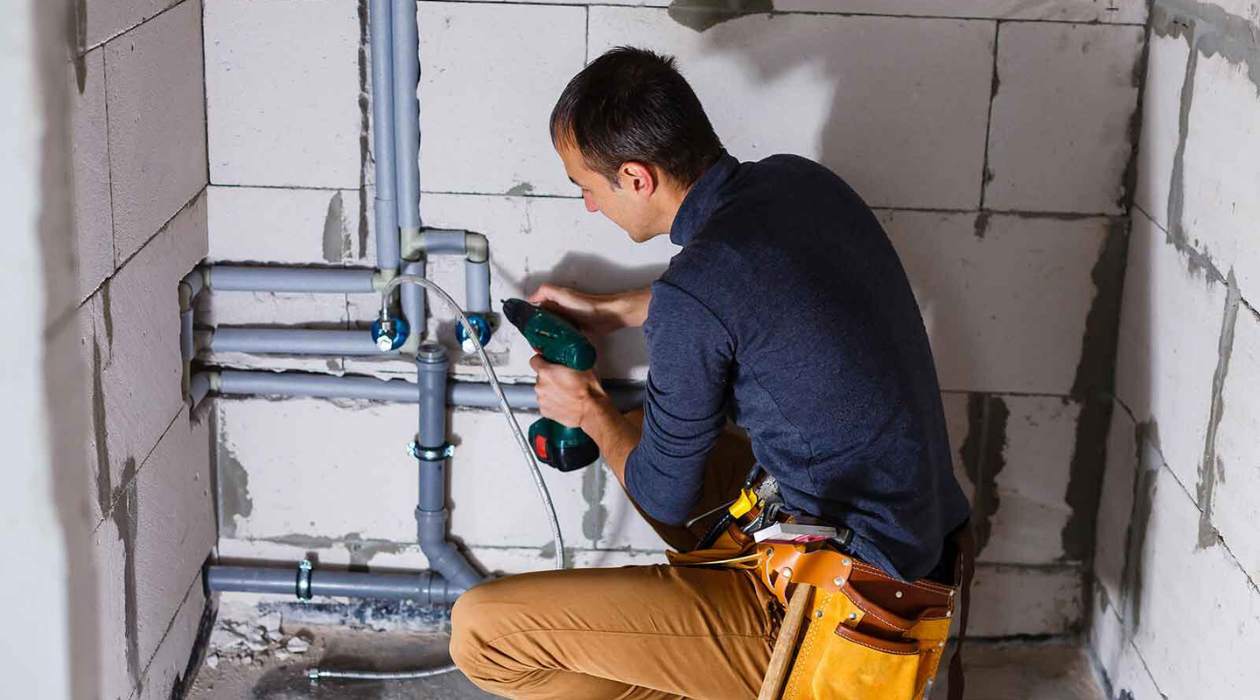
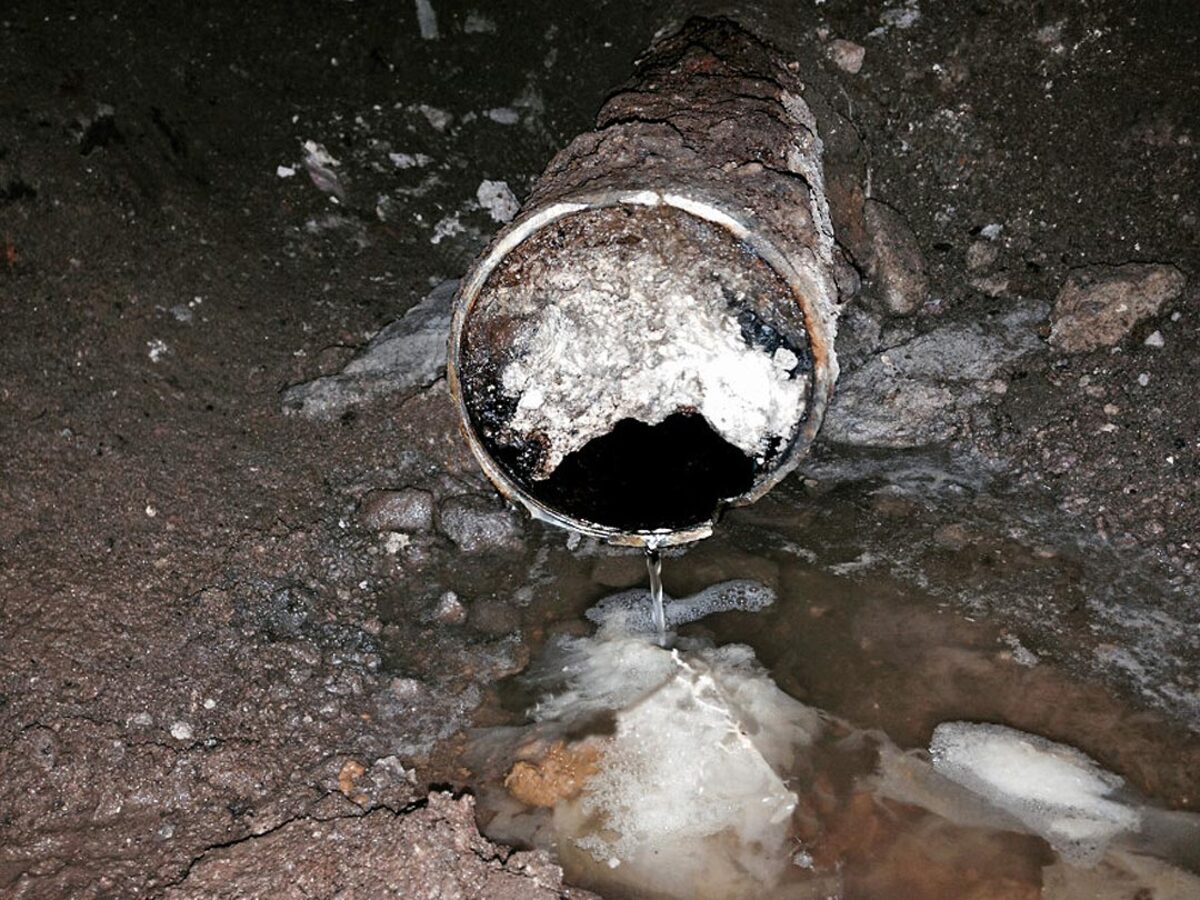
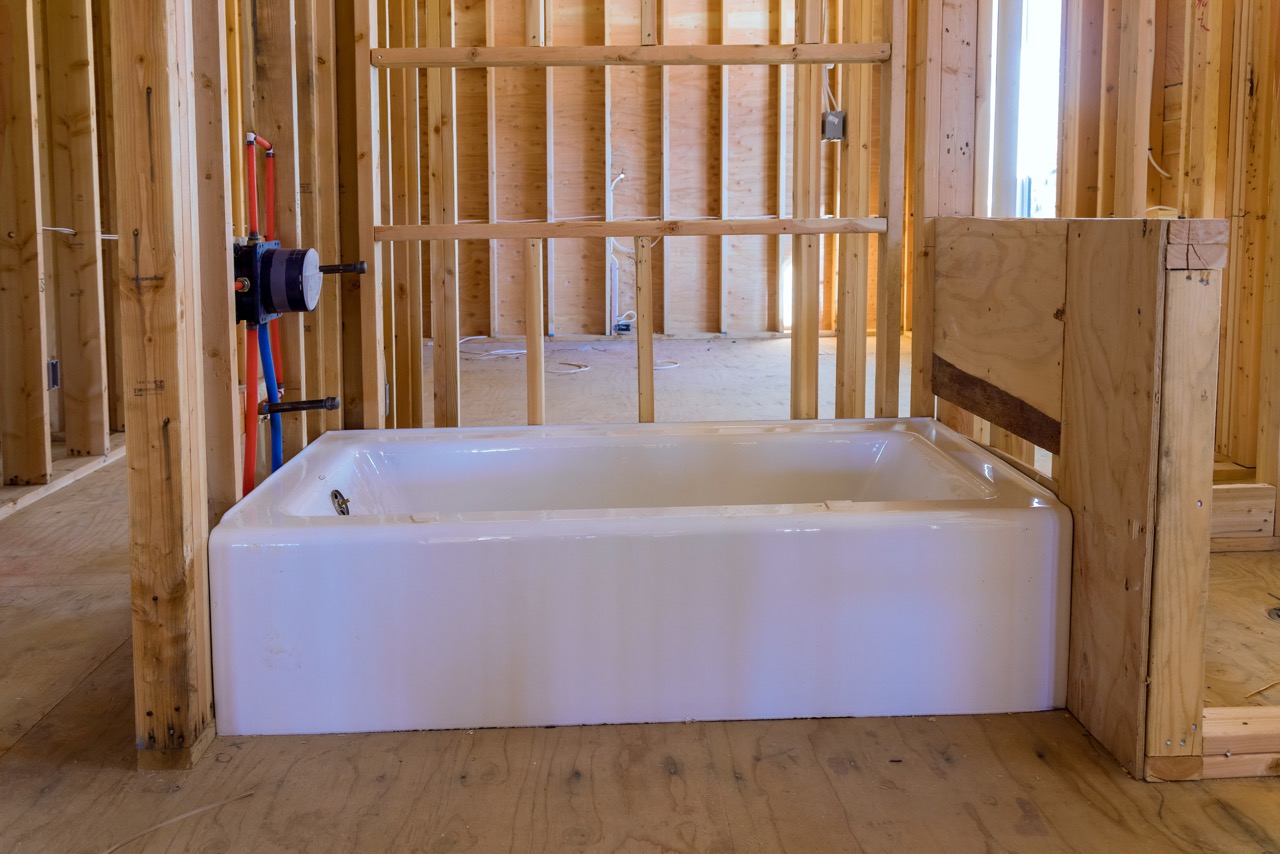
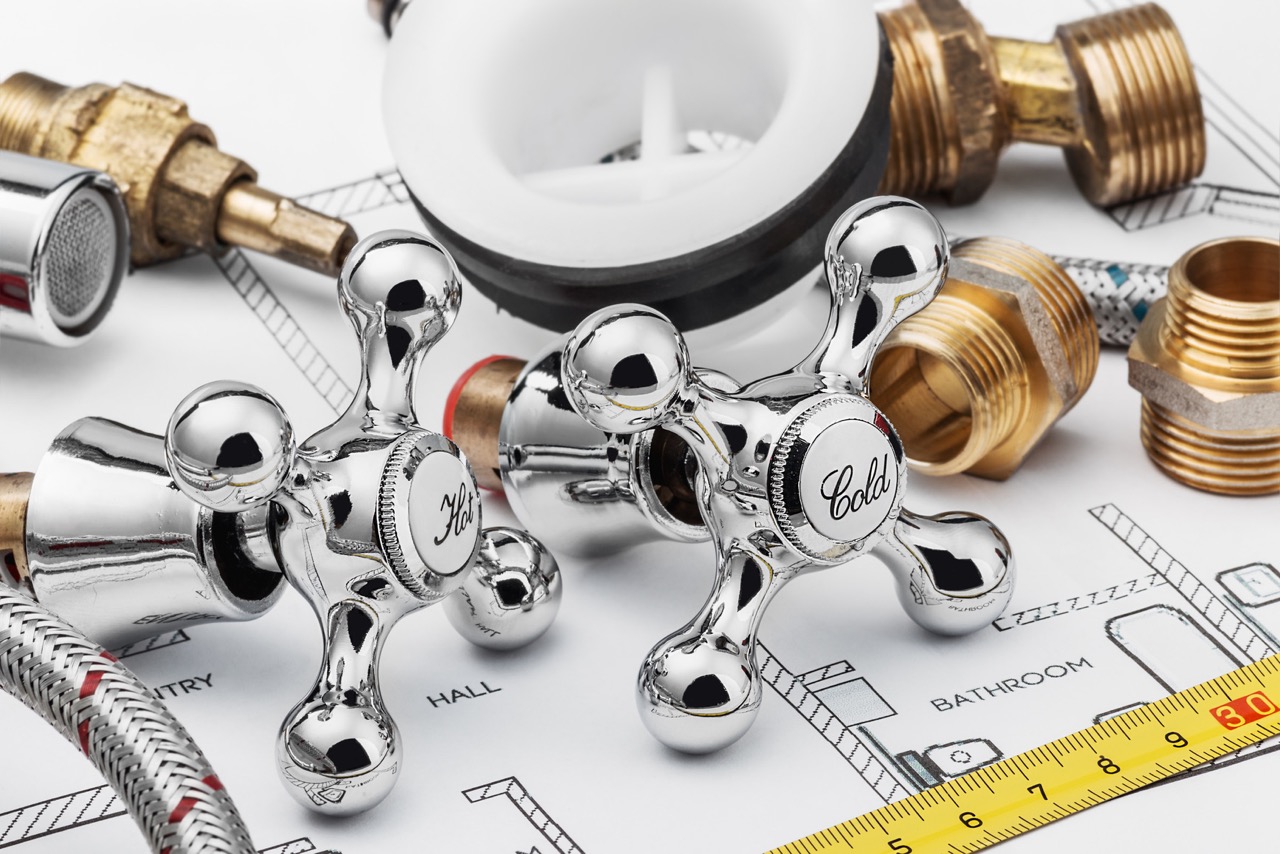
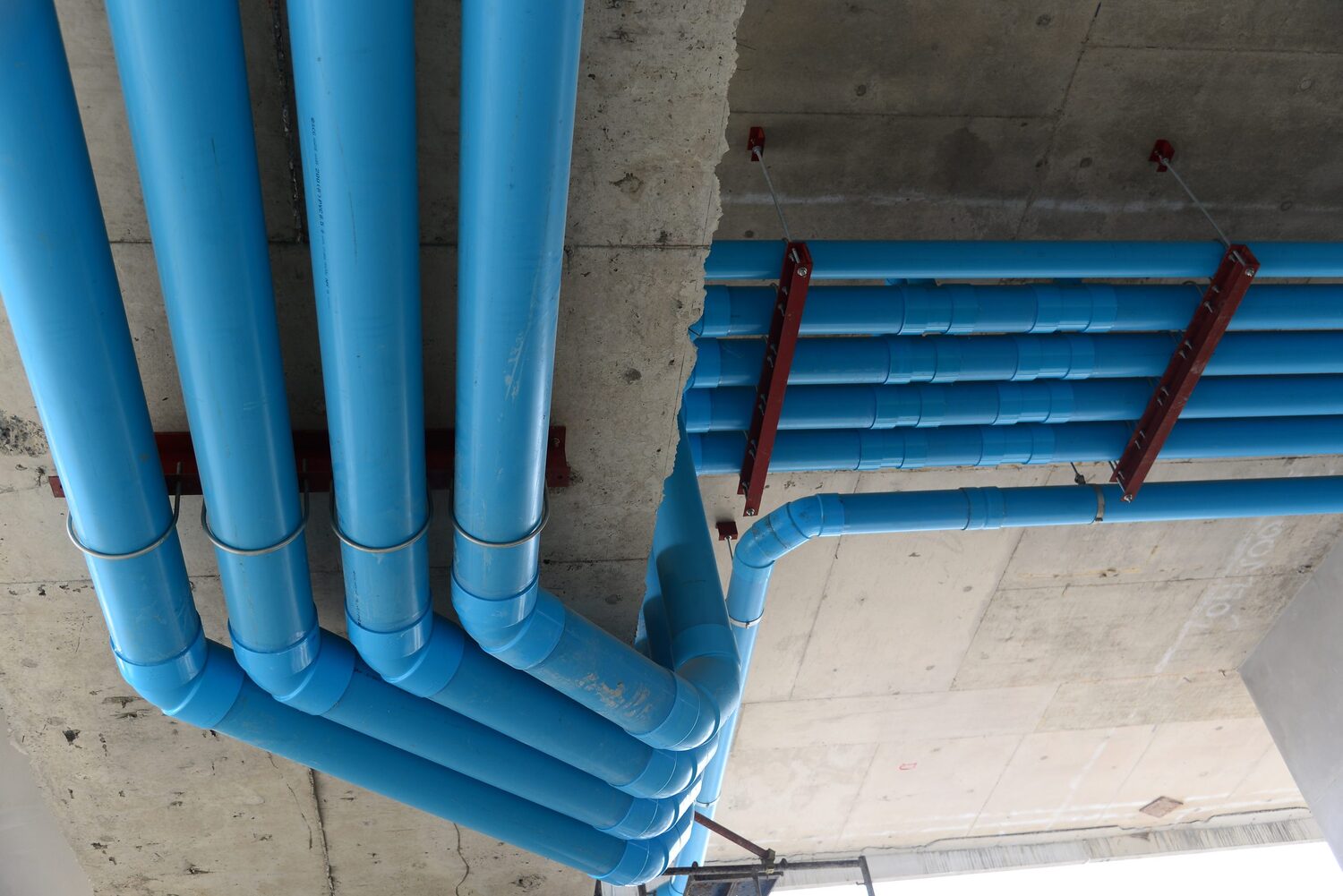

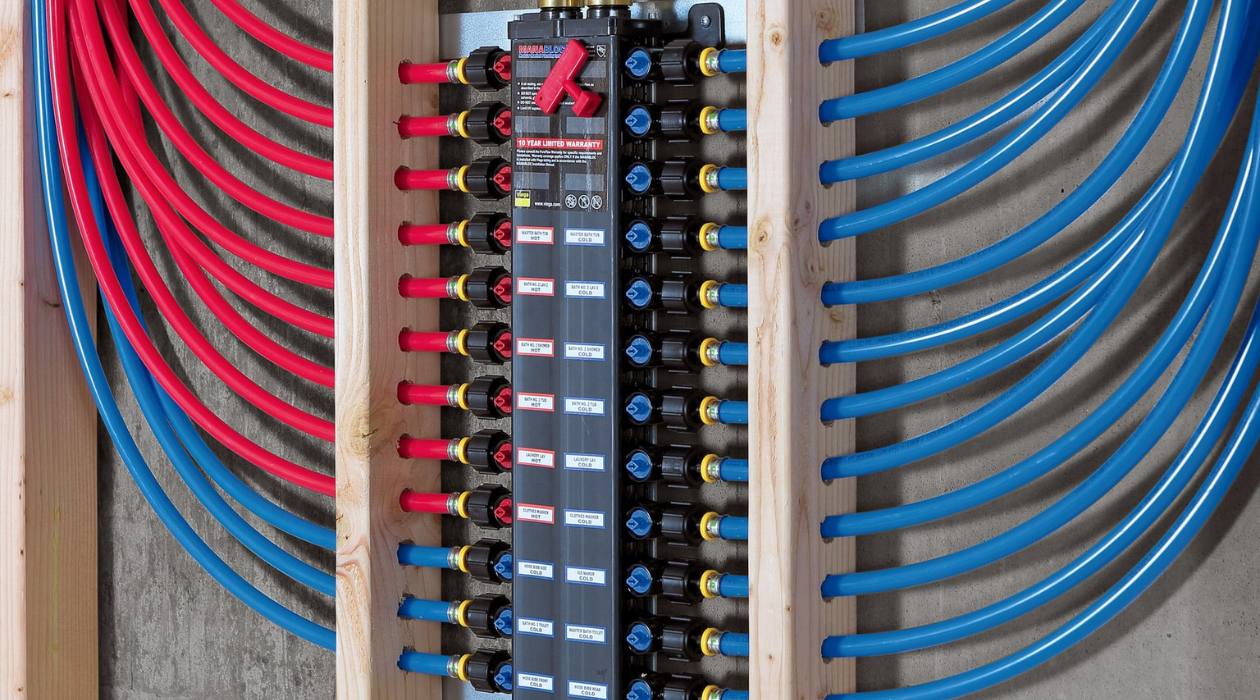
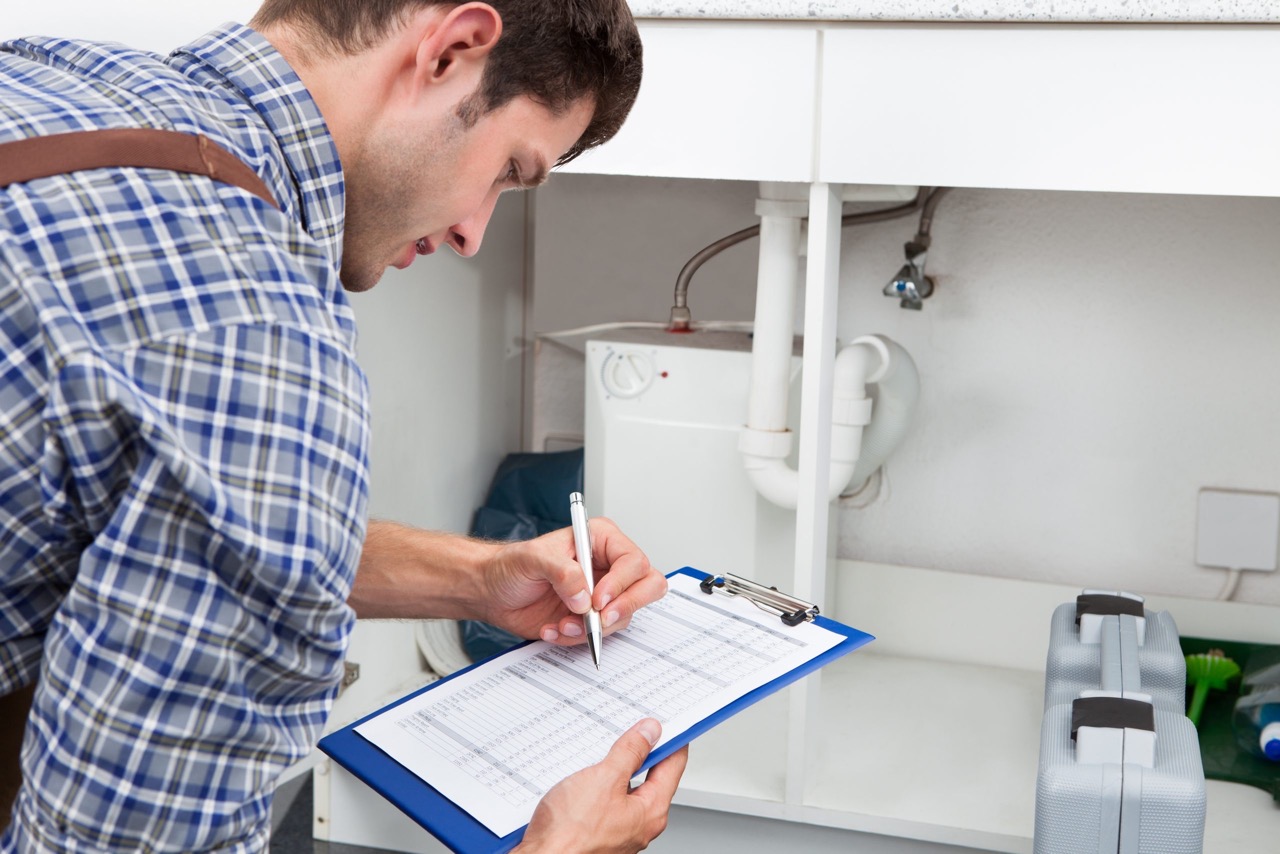
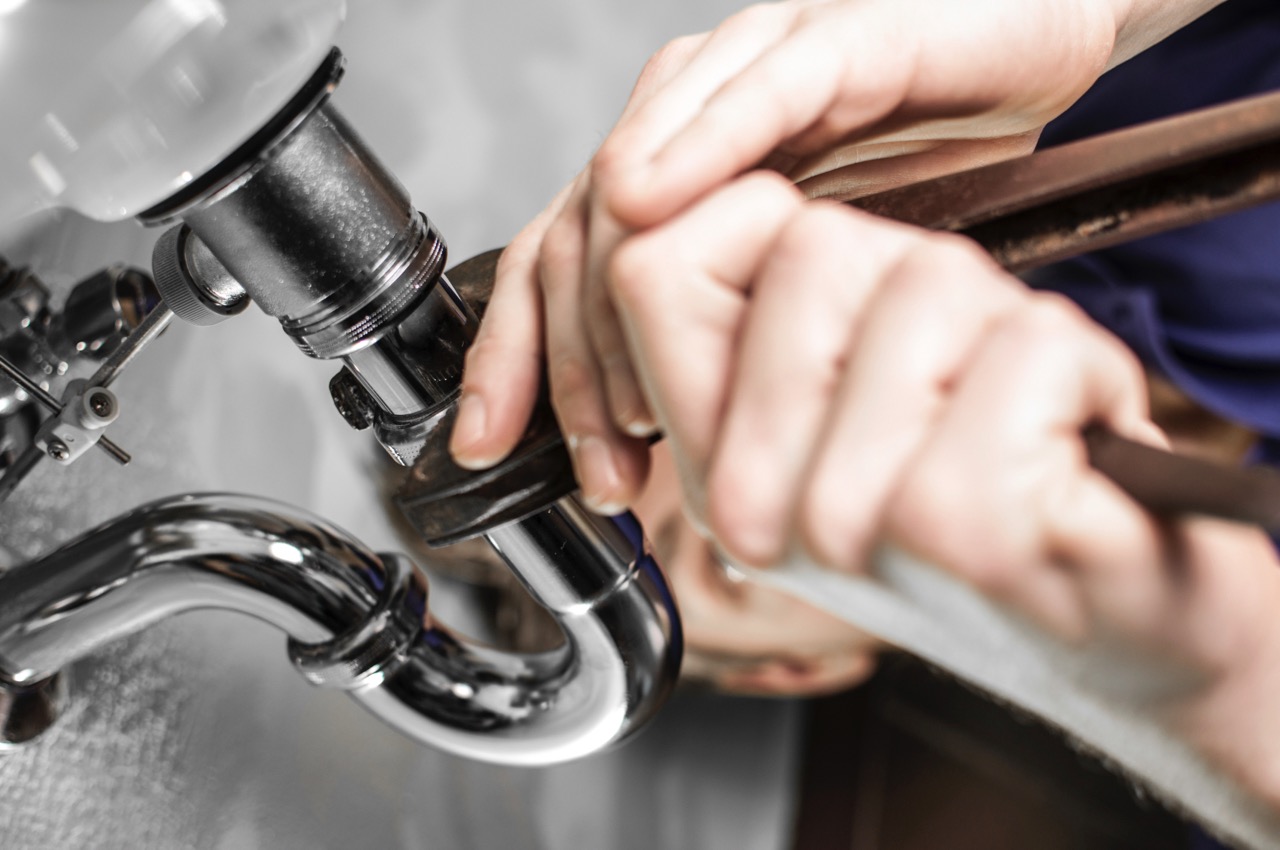
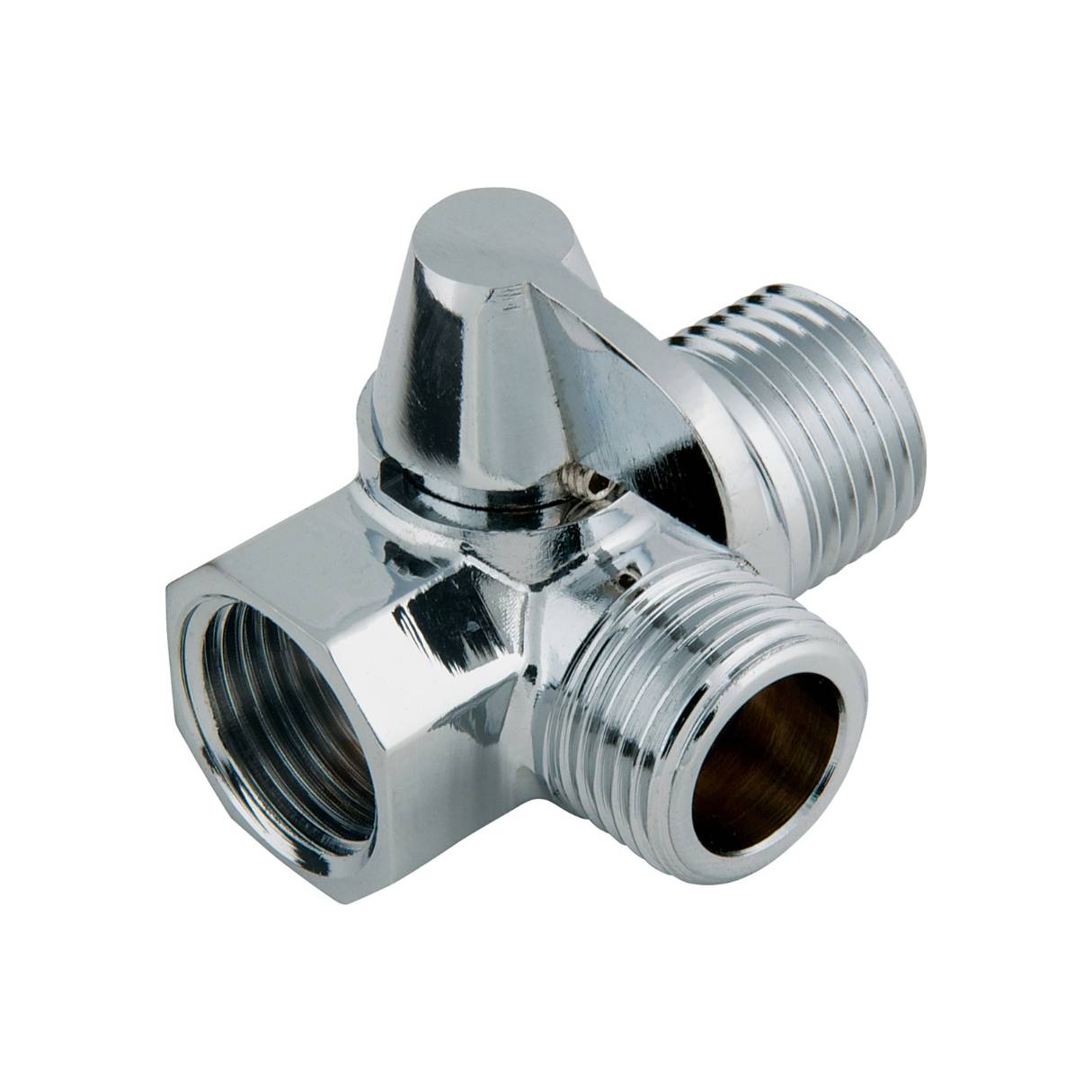
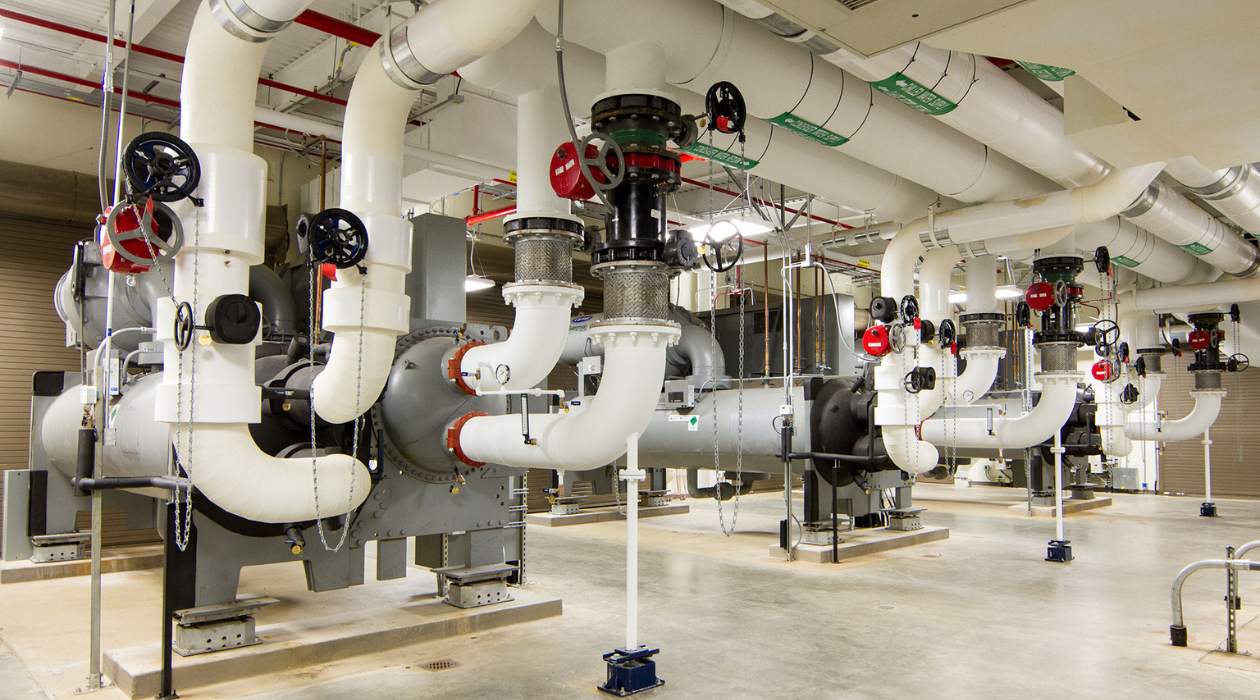
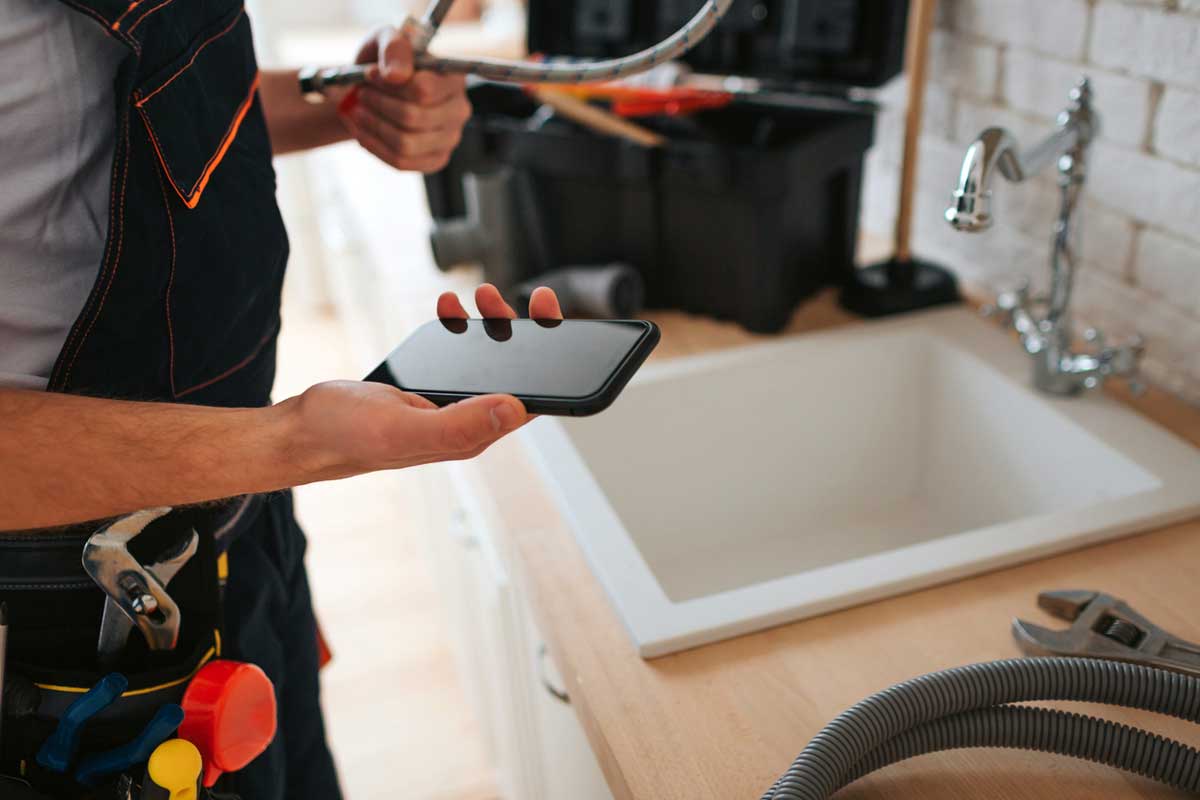
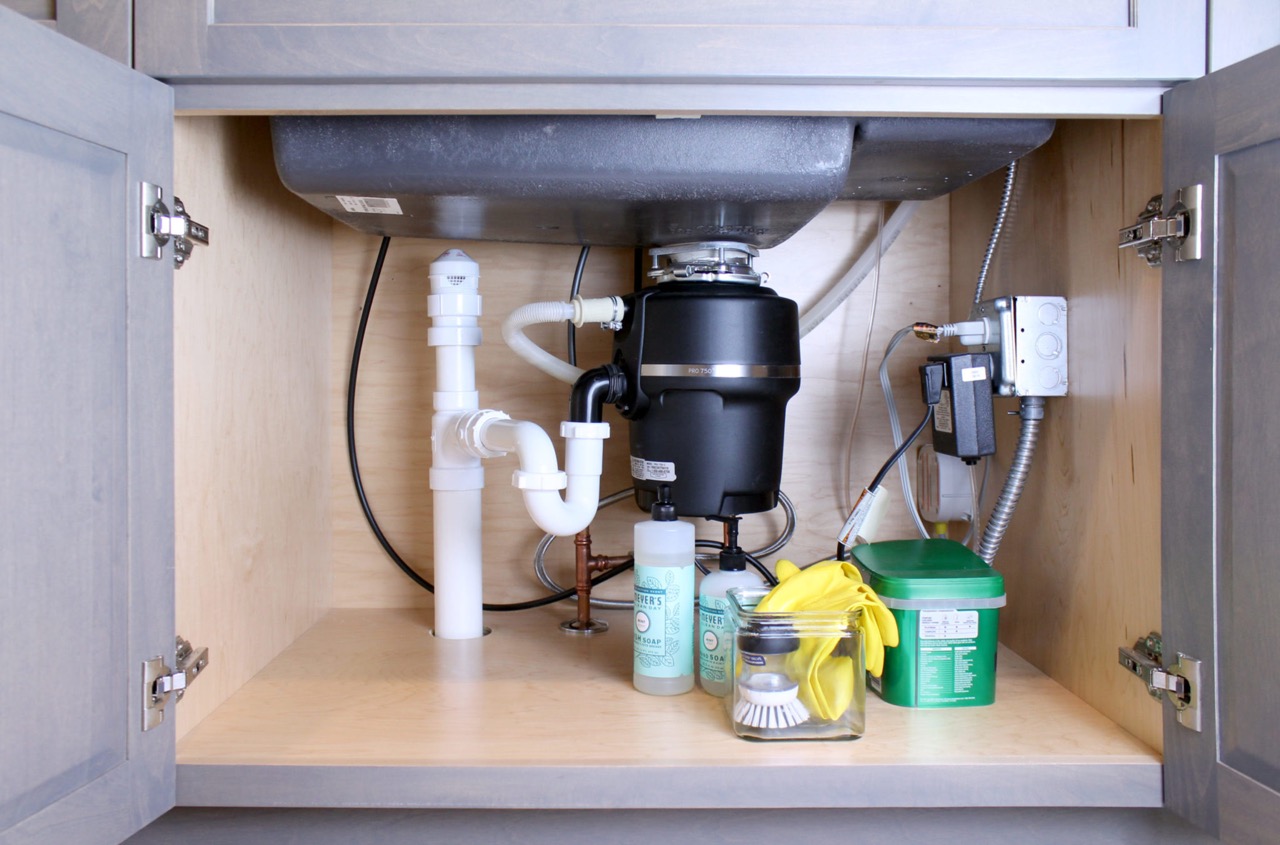

0 thoughts on “What Is A Plumbing Contractor”